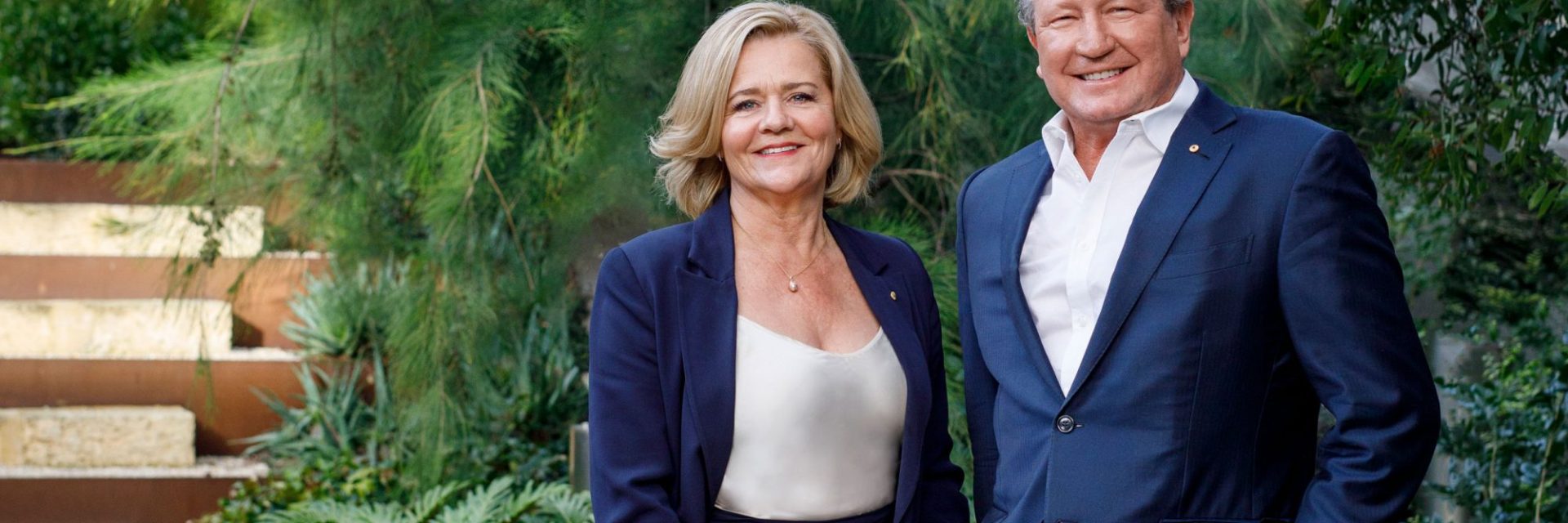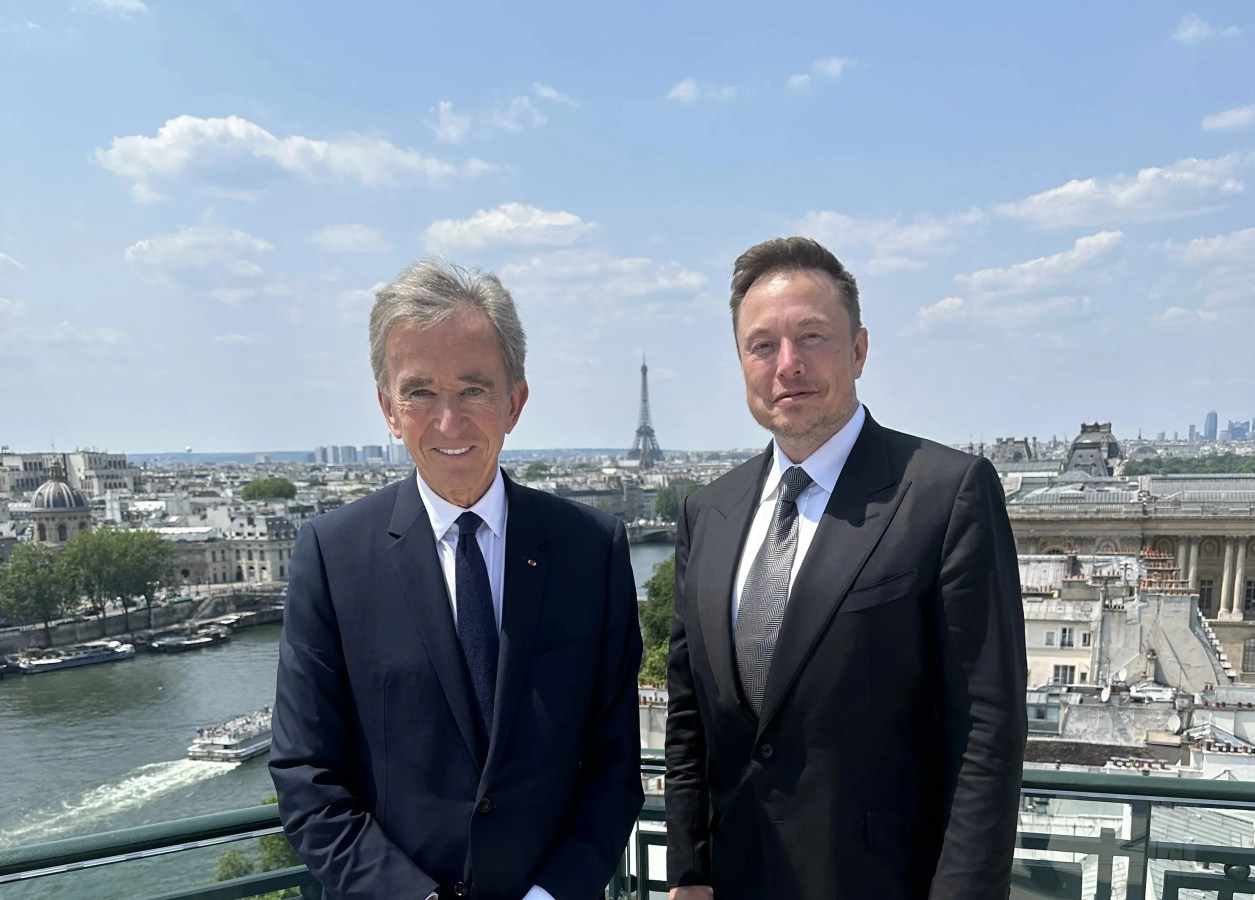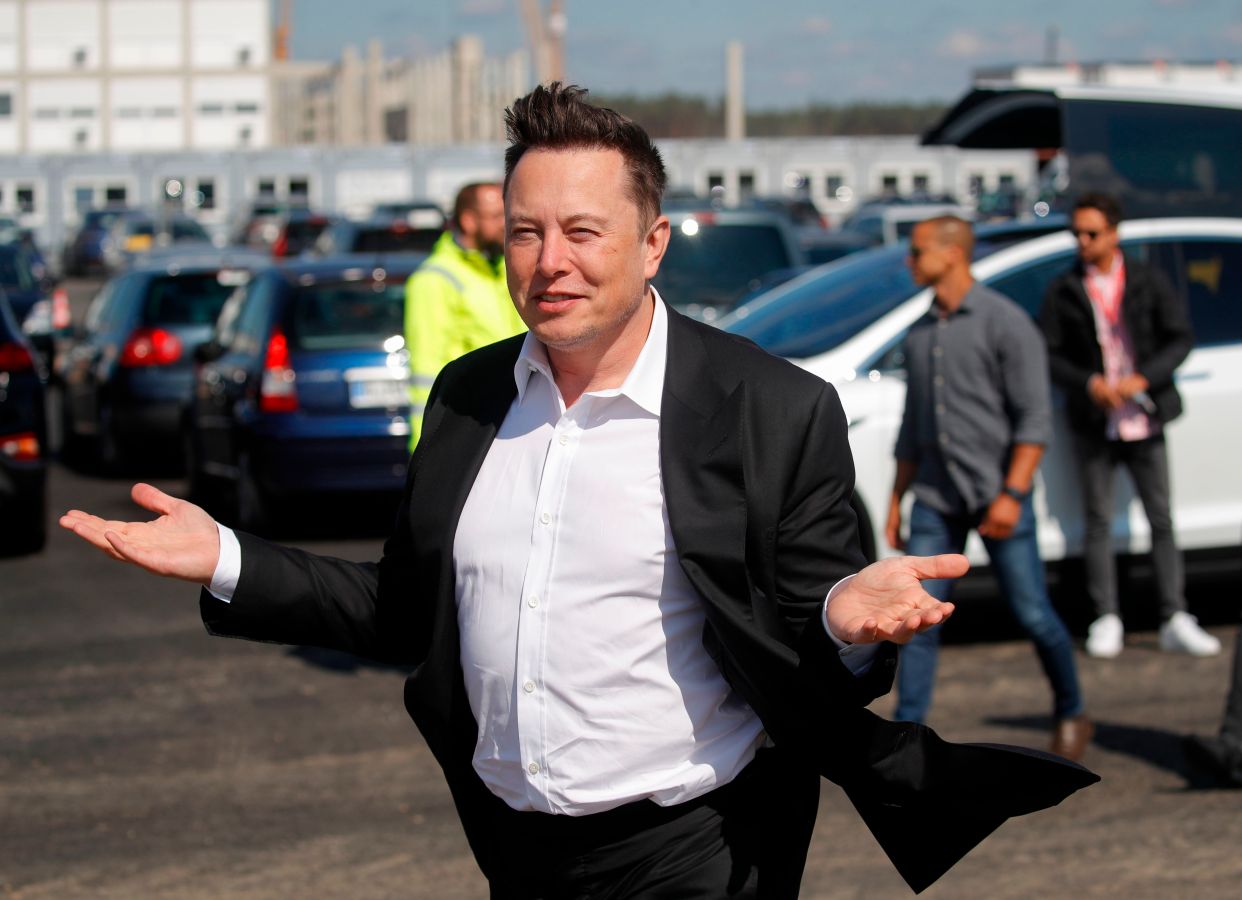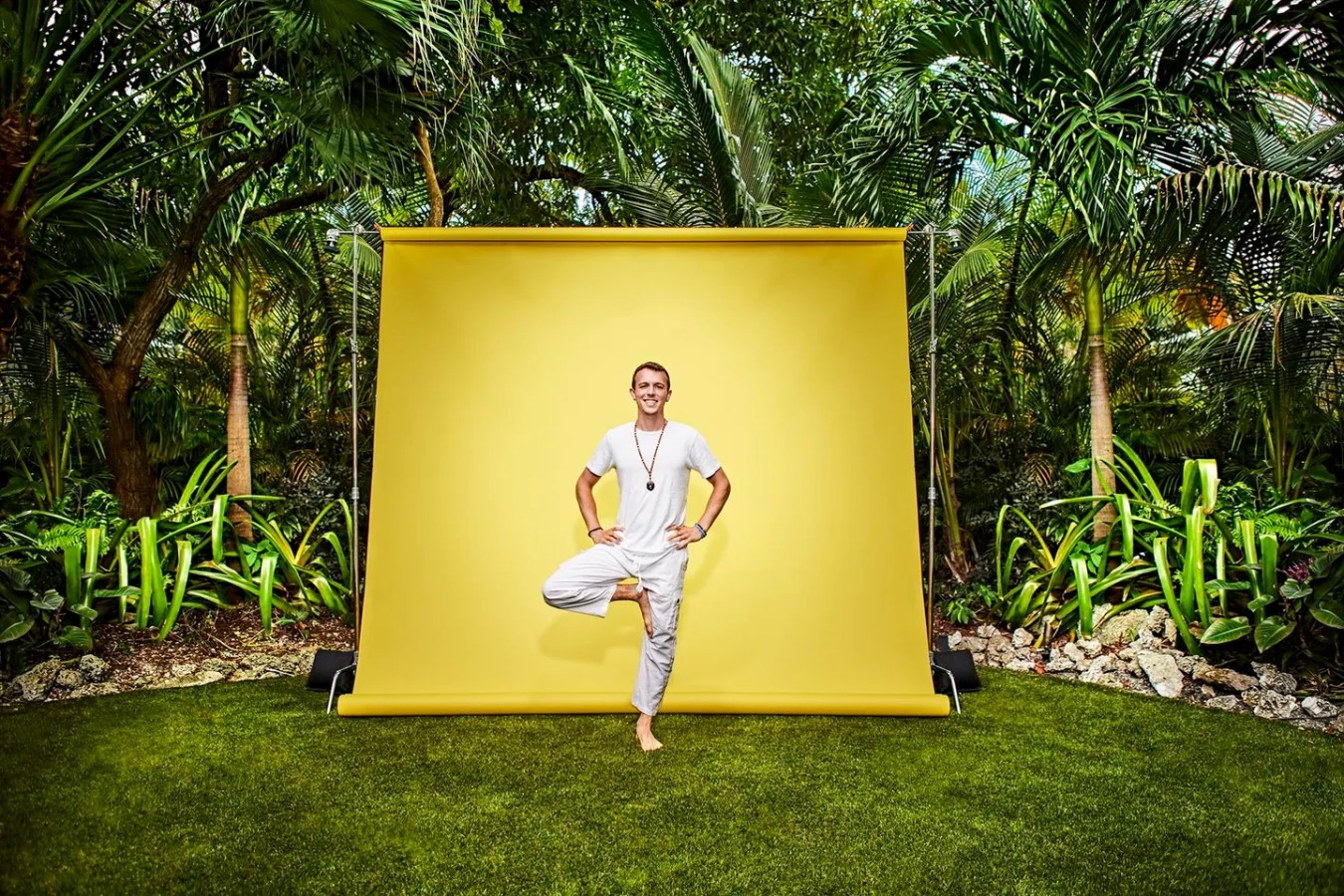Andrew and Nicola Forrest’s Minderoo Foundation and the US State Department are backing a syndicate of indigenous Australian venture capital investors aiming to focus on seeding First Nations startups.
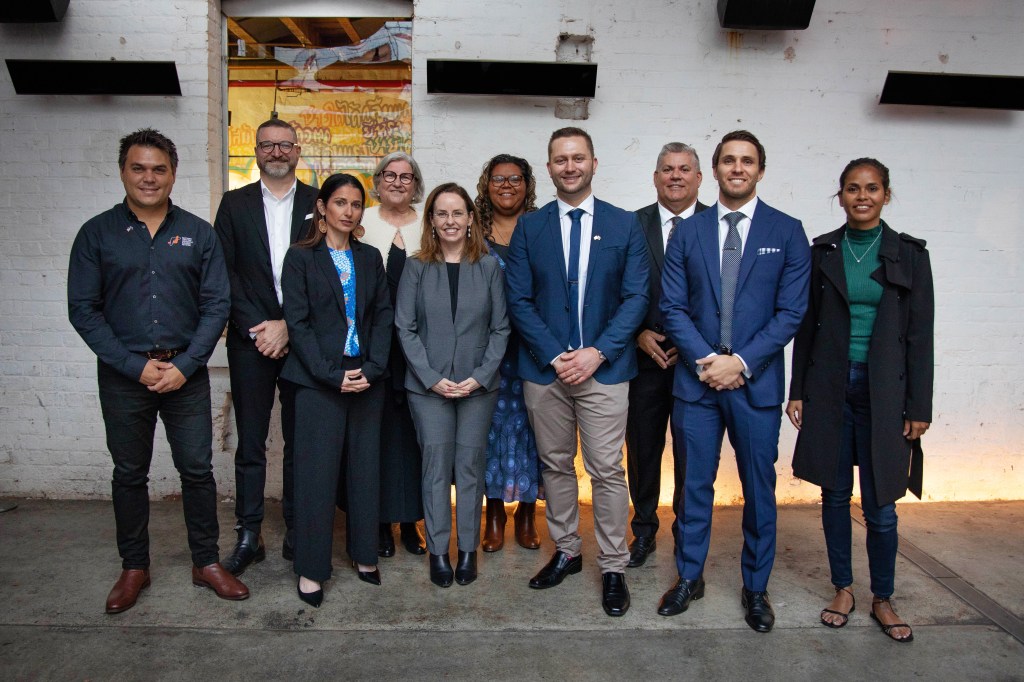
The launch of Blak Angels by Minderoo comes hot on the heels of the announcement last week that the Forrests had donated a further $5 billion in Fortescue Metals Group shares – one fifth of their total holding and a large slice of their estimated $30 billion wealth – to the foundation. It brings the total Forrest contribution to Minderoo to $7.6 billion since they established the foundation in 2001 after Forrest left Anaconda Nickel.
The Blak Angels is a group of ten indigenous entrepreneurs who will be investing their own money to start with in seed funding and angel investments for early-stage indigenous startups. Minderoo is supporting it with administration costs and the US government has leant its influence to help tee up meetings for a delegation to the US to study similar setups, says Minderoo’s Les Delaforce.
The delegation will visit First Nations investors and venture capitalists who focus on minorities. They’re hoping the pull of the US State Department and in particular the ambassador to Australia, Caroline Kennedy, can help open doors from the Chickasaw Nation in Oklahoma through to Warren Buffet’s Berkshire Hathaway in Omaha.
Blak Angels will then host a delegation of 10 American investors to Australia in the hope of setting up a two-way deal flow.
The aim of Blak Angels is to, ultimately, replicate the model of businesses like Harlem Capital which invests in African-American, Latinx and female-led startups and within five years of founding in 2016 had $260 million under management.
Many of the Blak Angels have been previously helped by Minderoo’s Dream Ventures, including Provvy founder Alisha Geary and Rainstick founder Darryl Lyons. Others, like Amanda Healy – majority owner of a $100 million turnover mechanical services company, Warrikal – do business with Fortescue. Warrikal recently sealed a $350-million contract with the miner.
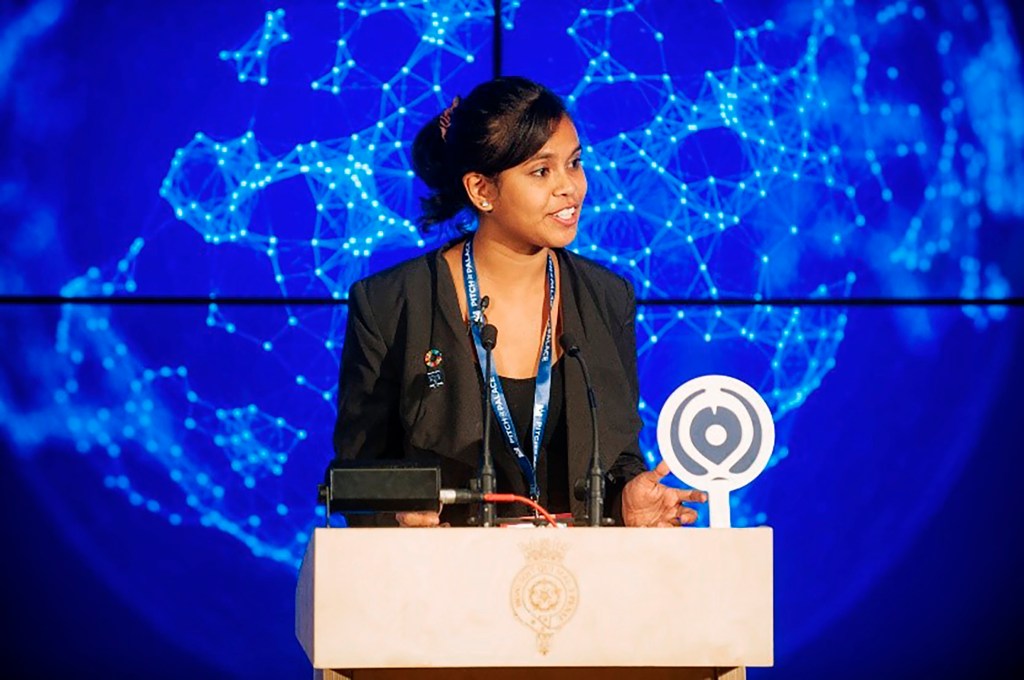
Andrew Forrest said Minderoo’s Dream Ventures had a history of backing Indigenous entrepreneurs. “Now, we want to empower those same successful businessmen and businesswomen to invest in the next generation of Indigenous businesses by becoming sophisticated investors themselves.
“The Blak Angels can become a key component to ending disparity for Aboriginal and Torres Straight Islanders because research shows Indigenous businesses are up to 100 times more likely to hire an Indigenous employee than other businesses.”
The Backstory
Morgan Coleman remembers how his family and friends laughed at him when he fronted them for a $5000 investment in his start-up, Vets on Call.
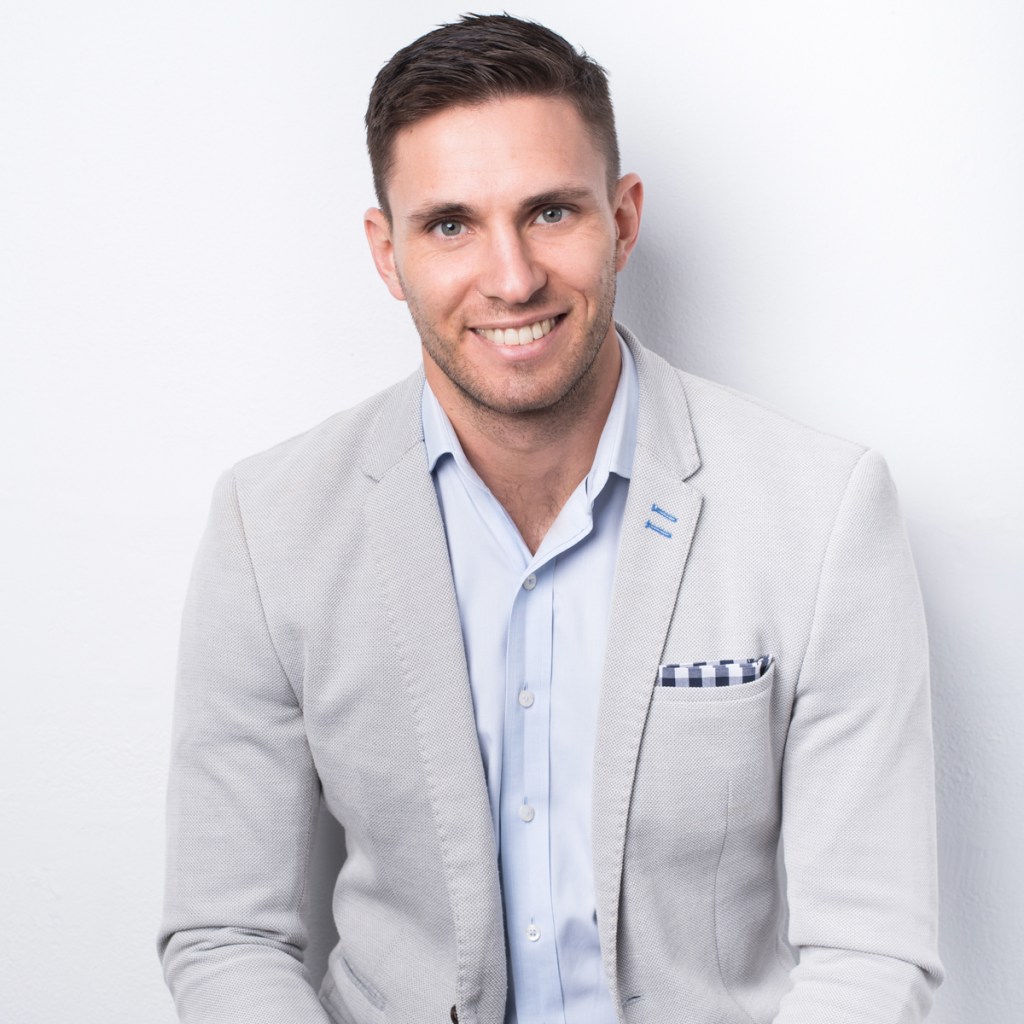
It wasn’t that they thought the idea of an app-based veterinary service was laughable. “They were like, ‘I can’t believe you think I’ve got $5000 to spare,’” recalls Coleman. “But I remember a guy I knew through the start-up space. He raised $1.6 million from friends and family. Twelve months later, I was doing $10,000 a month and he wasn’t yet at $500, but he was able to raise capital again and we were really struggling.”
Coleman, of Torres Strait Islander descent through his father, grew up in central Victoria without any of the networks others might enjoy. “There were a few doors that were open, but you have to have a warm intro to be taken seriously by any venture capitalist in the country. Despite their promise that they welcome cold calling, the only time I’ve ever been taken seriously by a venture capitalist is when I’ve had a warm intro from someone else. If you grew up in Bendigo and your networks aren’t within the finance or business space, it’s exceedingly difficult to actually get through the door regardless of the quality of the business.”
Despite these difficulties, four years after he’d walked into a vet clinic and thought “I could do this better”, he’d built Vets on Call to $1 million annual revenue, with 10,000 customers and 80 vets working across three cities, he says. He’d raised $480,000 via Zoom during Covid, but always felt he struggled more than others to raise capital in that period of almost free money.
There was “a void between what is publicly promised and privately delivered,” Coleman says. “Particularly when it comes to opening the door for First Nations founders, but also providing a little feedback to help them progress.”
He singles out the Smartmate accelerator as an exception.
“Our business did speak for itself. It wasn’t as if we were given a handout. I felt they (Smartmate) did follow through with what they were publicly promising. (Others) are telling the public they’re actively looking for First Nations founders and want to support them, and then you get in the door, pitch and you never hear from them again.”
Morgan Coleman, Vets on Call founder
When Vets on Call struggled to attract capital for a second round, he says, “the business ground to a halt, and we ended up selling it for parts, which was pretty disappointing”.
The experience left him thinking there was a gap in the market. He did an investment course through the Wade Institute in Melbourne and wrote a thesis on the creation of an indigenous angel investor syndicate.
“I thought if we had a syndicate of investors who could invest across the board, not just into indigenous businesses, but potentially the next Canva or Atlassian so we’re getting a ticket to the party we’ve not been invited to.”
Listening in to Coleman’s thesis presentation on the other side of the country was Les Delaforce, head of entrepreneurship and indigenous business at Minderoo.
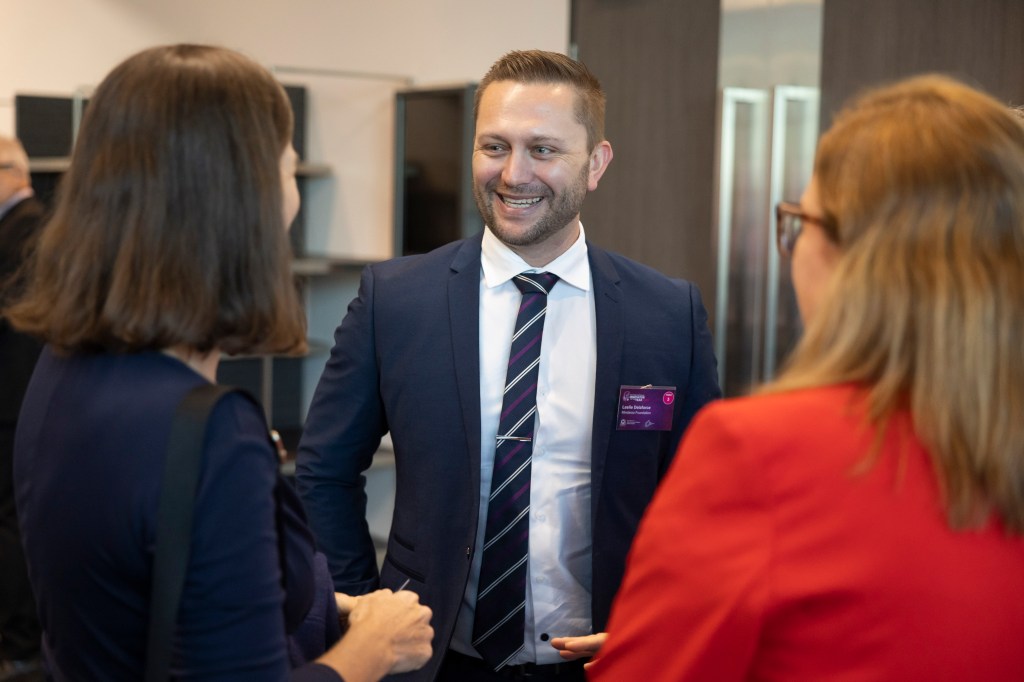
Delaforce, a Gumbaynggirr man from the NSW north coast, had been on a similar journey to Coleman. He’d founded Covocate, a human resources screening tool, in 2015. “We were the first indigenous startup to raise venture capital back in 2016. We didn’t know that at the time. We encountered numerous barriers trying to raise capital. Failed numerous times. Then, two weeks away from losing everything, we raised $1.5 million out of Sydney.”
Based in Perth, he describes months of flying to the eastern states or Singapore every few days. “We’d pitch for 40 minutes then go downstairs and there was a lot of drinking involved. They wanted to see your real personality, and once they had a couple of drinks under your belt the comments would come out, more in jest.
“This is all men, no women, no people of colour in the room: ‘I see you’re an Aboriginal person. From Kemspey? You’d be stealing cars with your background. You’d be fighting people on the street, for sure.’ The room would go quiet to see how I’d respond.”
Les Delaforce, Covocate founder
“I’d always meet them with advocacy rather than activism. So not telling them to get stuffed, but talking about education and the challenges we face. It was almost like an education for them. They’d walk away, ‘We’re not going to invest at this time. Sorry for those comments. If there’s any support you need, please let me know.’”
After Covocate, Delaforce ended up at Mindrroo where the Forrest’s charitable foundation was equally keen on promoting indigenous business. In 2019, he was involved in founding Dream Summit, then Dream Ventures, an indigenous Shark Tank sponsored by Minderoo, which puts indigenous startups in front of venture capital.
But he and Coleman were now talking about going to the next level – putting together a group of indigenous entrepreneurs and putting them in the VC chair so they could fund the next generation of First Nations business.
That culminated today when Minderoo announced it had partnered with the US Department of State to launch the Blak Angels Investment Network.
They will start by touring the US and meeting with similarly minded venture capital firms investing in First-Nations, Latinx and African-American startups. A reciprocal tour by an American entourage of venture capitalists will come to Australia in March 2024.
Delaforce would like to see the Americans backing Australian indigenous businesses but also deals flowing back the other way so the Blak Angels would be backing American minority businesses too.
Delaforce says Harlem Capital was an inspiration. “That’s what we’re trying to replicate where three young African-American guys put together $5000 and invested $25,000 into a number of startups. As a result they now have $200 million under management with Apple, Google and Microsoft involved.”

Harlem Capital said in 2021 that 61% of its portfolio companies were led by Black or Latinx executives, while 43% were led by women.
They’ve put together a group of indigenous entrepreneurs including:
- Kent Matla, managing director of Triangle Capital Partners, , an Indigenous-owned boutique corporate advisory firm.
- Jahna Cedar, executive drector at IPS Management Consultants and a Nyiyaparli/Yindjibarndi woman from Western Australia’s Pilbara.
- Alisha Geary, founder of Provvy and a director of Faebella. Geary is a a Gurang-Gurang, Deibau, and Wuthathi descendant from North Queensland and the Torres Strait.
- Jerome Cubillo, CEO of Northern Territory Business Network, a Larrakia and Wadjigan man.
- Amanda Healy, founder and CEO of Warrikal an indigenous-owned mechanical services company in the Pilbara. She is a Wonnarua woman from the NSW Hunter Valley.
- Gordon Cole, A Noongar man who is CEO of Cole Supplies, a corporate apparel business, and director of Blak Digital.
- Jake Berthelot, A Potaruwutj Padthaway man with experience in strategy and finance across a variety of industries.
- Carol Vale, CEO of Murawin Pty Ltd, a specialist inter-cultural consultant and facilitator.
- Darryl Lyons, co-founder of Rainstick and a Maiawali man.
- Jaynaya Winmar, a Noongar/Balladong woman who is a “SheEO Activator”, the CEO and founder of Blakbone Sistahood, and founder of First People Property Group.
Coleman says the plan is that founders will submit their pitch deck. “If we think they’re suitable we’ll have an interviefw and have them pitch to two or three of us. From there, we put together a deal memo if we think it’s worth investing. That goes to all syndicate members who say ‘yes’ or ‘no’ and how much they’d like to invest.”
He said that as of the launch today, they will be putting the feelers out to create a create a deal flow.
Ultimately, they’d like to build the syndicate to up to 100 members, says Delaforce. “What we’ve seen is, with indigenous procurement policies, it’s created all of these significant contracts for indigenous businesses. Amanda Healy signed a $350 million contract with Fortescue Metals Group last year. People like Amanda and Gordon Cole now have some wealth. They’re asking, ‘Where can I park some of that wealth and support the next generation of First Nations entrepreneurs?’”
